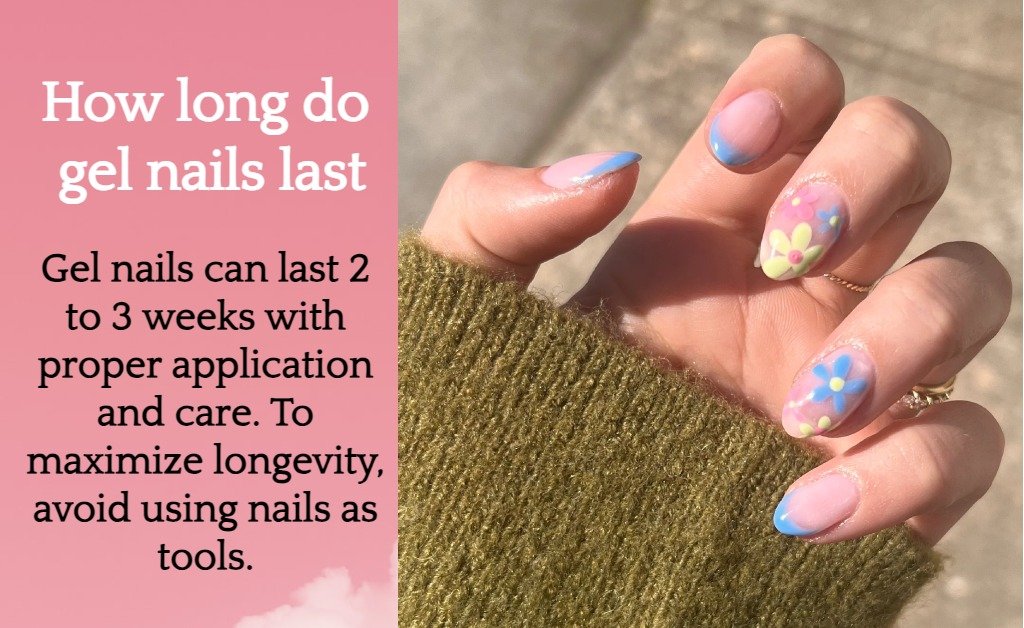In addition to the products you apply to your skin, several lifestyle factors directly affect your skin’s health. These issues include diet, hydration, exercise, and dealing with stress.

Healthy Diet and Hydration for Skin Health
What you put into your body directly affects your skin. A healthy diet rich in fruits, vegetables, whole grains, and high-quality proteins can make your skin look and feel its best. Some research even suggests that a diet rich in fish oil or fish oil supplements and low in unhealthy fats, processed foods, or unhealthy carbohydrates might promote younger-looking skin.
Hydration is equally important for skin health. Water is essential for maintaining skin moisture, delivering essential nutrients to skin cells, and improving skin elasticity. Aim to drink at least 8 glasses of water each day to help keep your skin hydrated and healthy.
Impact of Exercise on Skin Health

Regular physical activity increases blood flow, which helps nourish skin cells by carrying oxygen and nutrients to them. Exercise also promotes the production of collagen, the protein responsible for maintaining skin tightness and elasticity. Work out for at least 30 minutes of regular exercise most days of the week to keep your skin healthy and glowing.
Effects of Stress on Skin Health and How to Manage It
Stress can make your skin more sensitive and result in skin problems like acne breakouts. It’s important to control stress to keep your skin healthy. Get enough sleep, set reasonable limits, scale back your to-do list, and make time for activities you enjoy to manage stress effectively.
As we always say at Beauty Fashion Palace, skincare is more than just products and routines; it’s a lifestyle. Promote a balanced approach that includes a healthy diet, regular exercise, proper hydration, and stress management to achieve and maintain healthy skin.
Regular skin checks and consultations with a dermatologist
Now that we’ve covered the basics of skincare and the role of lifestyle factors, let’s move on to a crucial but often overlooked aspect: regular skin checks and consultations with a dermatologist.
Importance of Regular Skin Checks
Regular self-examinations of your skin can help identify any changes or new growths. It’s crucial to know your skin well so that you can spot any potential issues early. Like most health problems, catching skin issues early regularly leads to more effective treatments.
Check your skin monthly. Get familiar with the moles, freckles, and other marks on your skin. If you see any changes in size, color, shape, or symptoms like itching, redness, or bleeding, make a note of them.
Signs of Skin Cancer to Look Out For
While not all skin changes indicate cancer, some specific signs should raise your concern. According to the Mayo Clinic, these include new skin growths, spots that change in size or color, and sores that don’t heal. An increase in the risk of skin cancer is also linked to prolonged sun exposure.
It’s not just the sun-exposed areas that need checking. Skin cancer can appear anywhere on the body, so make sure to check all areas, including those hard-to-see places.
When to consult a dermatologist
If you notice any unusual changes or symptoms, it’s time to see a dermatologist. A dermatologist can provide an expert analysis of your skin condition and recommend appropriate treatment if necessary.
Even if you don’t have any specific concerns, it’s a good idea to have a professional skin examination by a dermatologist at least once a year. They have the expertise to spot potential problems that you might miss.



